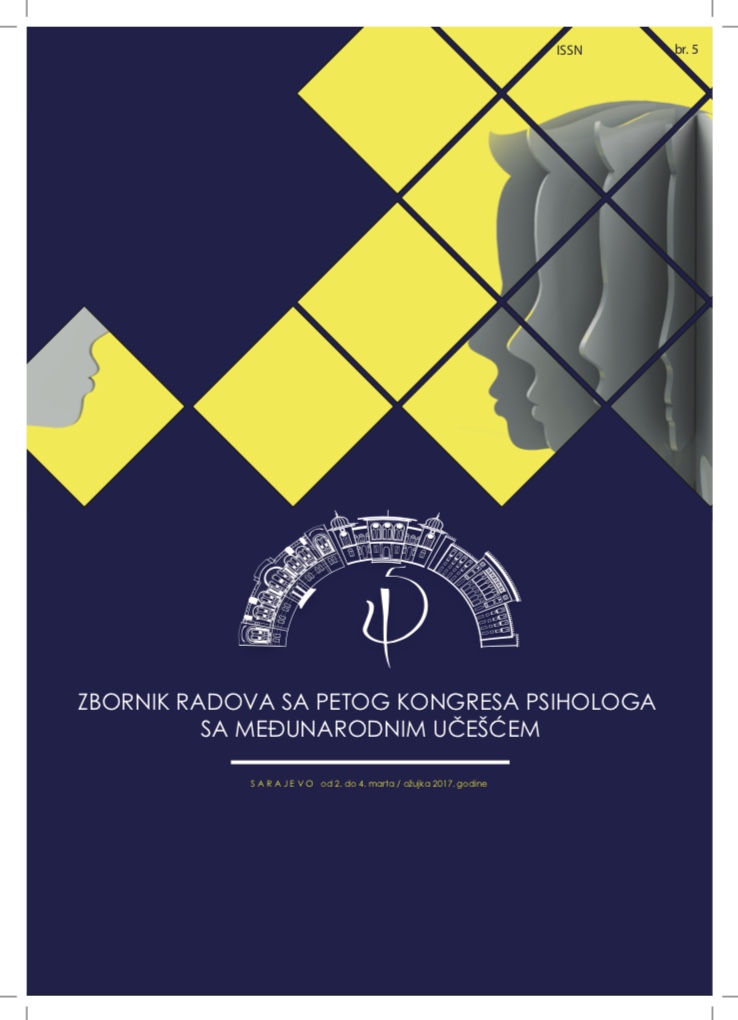Karakteristike MMPI-2 profila kod ovisnika o heroinu
Characteristics of MMPI-2 profile in heroin addicts
Author(s): Nejra Zejnullahu SuljagićSubject(s): Psychology, Substance abuse and addiction
Published by: Logotip
Keywords: heroin addiction;personality
Summary/Abstract: Addiction to psychoactive substances is a serious problem in today’s society. It impairs both physical and psychological health, reduces working ability, changes personality traits, shortens life duration and affects an individual and their family and their community. The aim of this research is to define the characteristics of MMPI-2 profile in heroin addicts. The research was conducted on the sample of a hundred examinees, all of which were male heroin addicts of average age of M=33.8 (SD=4.9) who were going through a drug addiction treatment to psychoactive substances. The research was conducted in Public Institution Therapeutic Community “Kampus” in the Sarajevo Canton, in the period from 2010 to 2014. The examinees came from the whole country (Bosnia and Herzegovina). The following measuring instruments were used: MMPI-2 and POMPIDOU questionnaire. The sample was taken with reference to the consumed psychoactive substance and the period of the conducted research. Every examinee had an individual approach one month after their coming to the treatment. The examinees were in the state of abstinence, which had been confirmed by regular tests to psychoactive substances. The results gained point to the fact that heroin addicts in most cases have clinically significant increases in the following scales: Psychopathic deviation (Pd), Hypomania (Ma), Psychasthenia (Pt), Schizophrenia (Sc), Depression (D), Posttraumatic stress disorder (PK), Health anxiety (HEA) and Masculinity-Femininity (Mf). The results of this research in the area of addiction to psychoactive substances contribute to a better understanding of this complex phenomenon, and they offer a deeper and wider perspective of the structure of the addict’s personality. They can be used in planning preventive addiction programs, in early identification of persons who are prone to addictions, and they are especially useful for rehabilitation and resocialization of addicts, because knowing the structure of the addict’s personality contributes to a better psychotherapeutic treatment.
Journal: Zbornik radova Kongresa psihologa Bosne i Hercegovine
- Issue Year: 2019
- Issue No: 5
- Page Range: 337-361
- Page Count: 25
- Language: Bosnian

